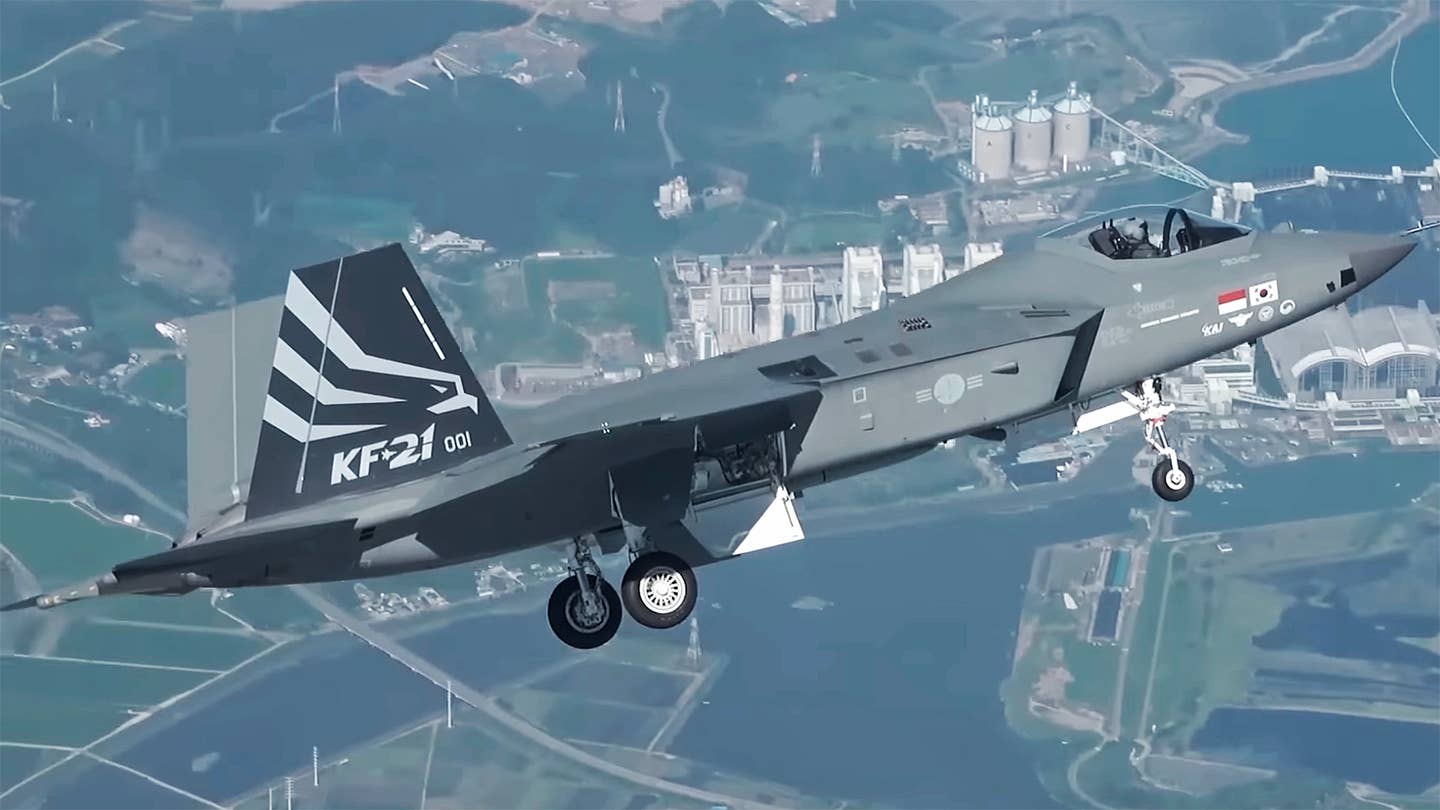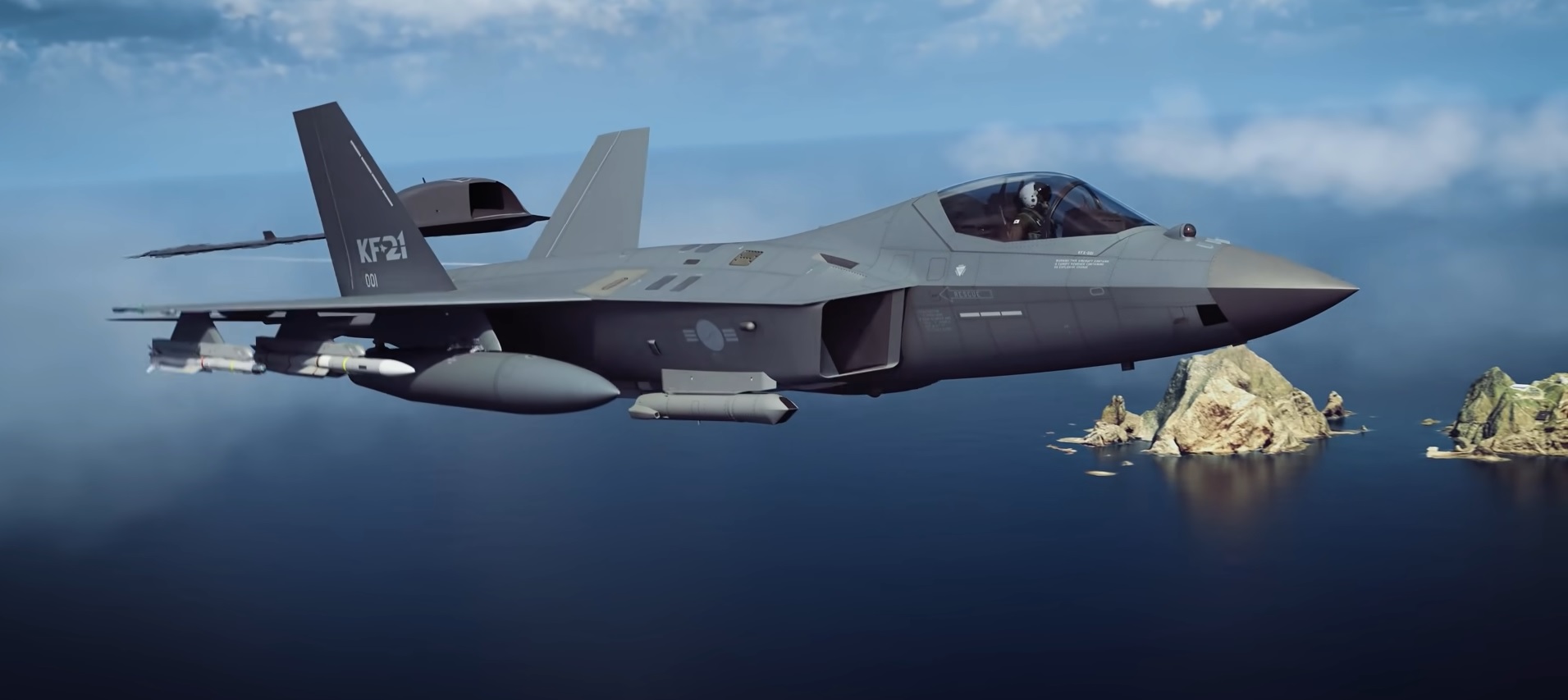Indonesia has reaffirmed its commitment to addressing the outstanding debt associated with the joint development of the KF-21 Boramae fighter jet project that is being developed in collaboration with South Korea.
The collaboration between South Korea and Indonesia involves the joint production of KF-21 fighter jets, with the project valued at 8.8 trillion won (approximately US$6.5 billion).
As per the agreement, Indonesia is responsible for 20 percent of the payments. However, due to financial constraints, Indonesia has fallen behind in its commitments. However, Jakarta has again reiterated its determination to remain involved in the project.
In a workshop organized by the Foreign Policy Community Indonesia in collaboration with the Korea Foundation, Dedy Laksmono, Director of Technology and Defense at the Defense Ministry, emphasized Indonesia’s intention to maintain cooperation with South Korea, as per CNN Indonesia.
Acknowledging budgetary constraints, Dedy explained that Indonesia faced limitations in allocating funds from the State Budget (APBN), which delayed meeting financial obligations to South Korea.
Despite this, he said Indonesia’s commitment to its partnership with South Korea remained a top priority. The statement comes amid reports that South Korea has resumed collecting capital-sharing payments for the KF-21 jet development.

“For 2024, we are earmarking IDR 1.25 trillion (US$80 million) to cover cost-sharing. However, we acknowledge that this may fall short of our previous commitments,” stated Dedy. “Nevertheless, our commitment to South Korea remains unwavering.”
In the same workshop, Woo Bong Lee, Chief Representative Officer of Korea Aerospace Industry, emphasized South Korea’s unwavering support for the joint development of the fighter jet and highlighted the substantial financial investment made by South Korea in the program.
Lee further mentioned that South Korea patiently awaits Indonesia’s commitments’ fulfillment.
“We are making good use of the investment. We have allocated a significant amount of money and are now waiting for Indonesia. As the main contractor, we are still waiting and maintaining good relations with Indonesia,” Lee said.
However, neither party has confirmed whether Indonesia has resumed contributing its share.
KF-21 Boramae Fighter Jet Project
The South Korean president unveiled the Korea Fighter eXperimental (KF-X) program in 2001 to develop a next-generation national fighter.
Subsequently, Indonesia expressed interest in funding the project, agreeing to cover 20% of the costs in exchange for technology transfer, enabling local production of 48 to 50 units by 2026.
However, Indonesia’s financial challenges in meeting its obligations to the program have raised frequent concerns.
Despite ongoing uncertainties, the latest announcement confirming Indonesia’s continued interest and allocation of funds has relieved South Korean officials.
In recent months, there were indications that alternatives might be explored if Indonesia failed to fulfill its financial commitments.
DAPA director Eom Dong Hwan warned during a parliamentary audit that a failure by Jakarta to uphold its promises could necessitate restarting the joint project.
South Korean officials regularly hinted that they are considering various options regarding their partnership with Indonesia while awaiting clarity on Jakarta’s payment plans.
A EurAsian Times report said that the United Arab Emirates, which is heavily investing in South Korean defense products, has already expressed interest in joining the KF-21 program and even offered to cover Indonesia’s share in September 2023.
Poland, having significant defense agreements with South Korea, including purchasing the FA-50 light fighter, is also seen as a realistic possibility for participation in the KF-21 Boramae program.

Yet, according to several experts, disengaging Indonesia from the project is a challenging proposition. The complexity of such a maneuver carries the weight of potential ramifications on South Korea’s financial standing, regional diplomatic ties, and the overall credibility of its aerospace industry.
Meanwhile, the Defense Acquisition Program Administration (DAPA) has confirmed that South Korea remains on schedule to begin production of its domestically developed KF-21 fighter jet in 2024.
DAPA is working towards concluding a contract with Korea Aerospace Industries (KAI), the manufacturer of the KF-21. The targeted timeline for finalizing this agreement is set within the initial half of 2024.
Additionally, extreme environmental tests are being conducted to ensure the aircraft and avionics function in challenging conditions, including low and high temperatures, rain, and freezing, at South Korea’s Agency for Defense Development’s maritime test site until February 2024.
- Contact the author at ashishmichel(at)gmail.com
- Follow EurAsian Times on Google News




